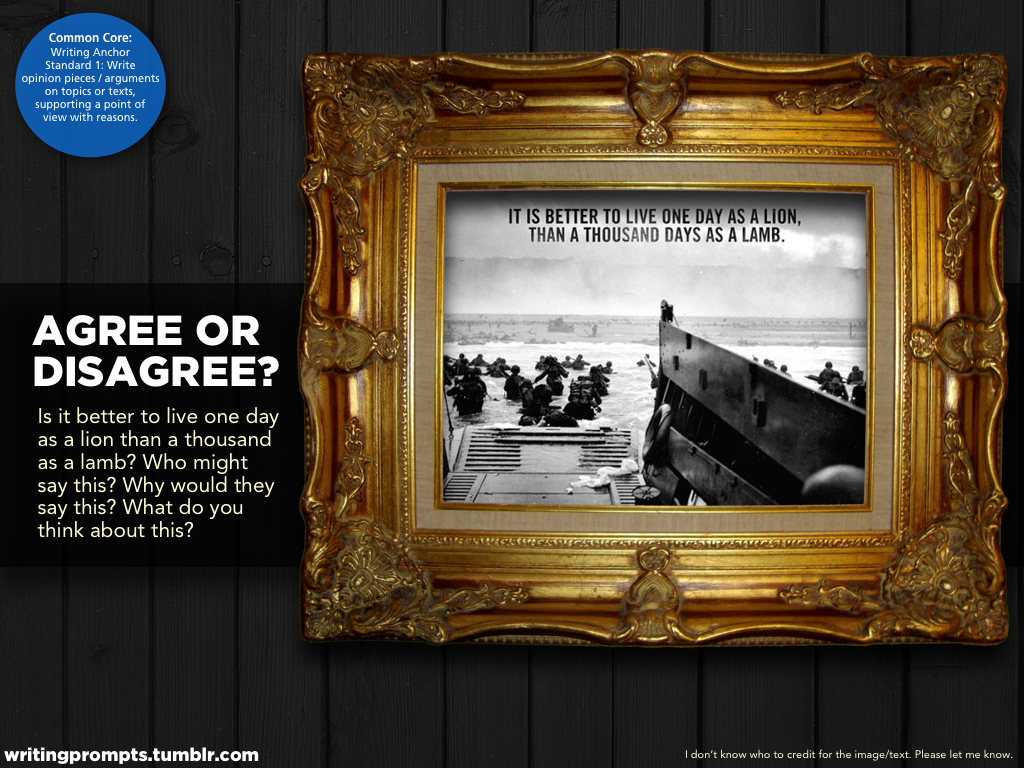February 20, 2018
Analyze the impact of the author's choices regarding how to develop and relate elements of a story or drama (e.g., where a story is set, how the action is ordered, how the characters are introduced and developed).
Analyze multiple interpretations of a story, drama, or poem (e.g., recorded or live production of a play or recorded novel or poetry), evaluating how each version interprets the source text. (Include at least one play by Shakespeare and one play by an American dramatist.)
EQ: Analyze how Shakespeare's choices impact character development.
Starter:
Summarize the events in act two of Hamlet.
Then, answer the question: Why would Shakespeare include a play within a play?

Vocabulary:
Lit Term: Foil
Part of Speech: Noun
Dictionary Definition: character that shows qualities that are in contrast with the qualities of another character with the objective to highlight the traits of the other character.
Your Definition:
Activity: Give an example of a foil.

Activity:
1. Finish Hamlet Act Three, Scene Two
Characters
Hamlet
First Player
Polonius
Rosencrantz
Guildenstern
Horatio
Claudius
Ophelia
Player King
Player Queen
Lucianus
Prologue
Gertrude
Prologue
Gertrude
Discussion Questions
Analyze the interaction between Hamlet and Ophelia, and describe both of their mental, emotional, and physical states.
Summarize the play acted out for the king and queen.
Critique the effectiveness of Hamlet's plan.
Analyze what the recorder represents with Rosencrantz and Guildenstern.
Analyze what the recorder represents with Rosencrantz and Guildenstern.
2. Chalk Talk
With your tables, select one quote from this act that is significant in developing the story.
Write this quote on a large paper and post it somewhere in the room.
Then, individually comment on each poster.
Your comment should react to the quote and state why it is important to the story.
3. Read Act Three, Scene Three
Claudius
Rosencrantz
Guildenstern
Polonius
Hamlet
Discussion Question
Use indirect characterization to analyze Claudius.
Evaluate whether he is motivated by his id, ego, or superego.
Summarize Hamlet's reaction.
5. Claudius Analysis
With a partner, translate the lines into a language that is understandable to you.
You may use any sort of style that is suitable for you and your partner.
When complete, think about the overall mental state of Claudius.
Answer: What does this speech reveal about his mental state?
O, my offence is rank it smells to heaven;
It hath the primal eldest curse upon't,
A brother's murder. Pray can I not,
Though inclination be as sharp as will:
My stronger guilt defeats my strong intent;
And, like a man to double business bound,
I stand in pause where I shall first begin,
And both neglect. What if this cursed hand
Were thicker than itself with brother's blood,
Is there not rain enough in the sweet heavens
To wash it white as snow?
Whereto serves mercy
But to confront the visage of offence?
And what's in prayer but this two-fold force,
To be forestalled ere we come to fall,
Or pardon'd being down? Then I'll look up;
My fault is past. But, O, what form of prayer
Can serve my turn? 'Forgive me my foul murder'?
That cannot be; since I am still possess'd
Of those effects for which I did the murder,
My crown, mine own ambition and my queen.
May one be pardon'd and retain the offence?
In the corrupted currents of this world
Offence's gilded hand may shove by justice,
And oft 'tis seen the wicked prize itself
Buys out the law: but 'tis not so above;
There is no shuffling, there the action lies
In his true nature; and we ourselves compell'd,
Even to the teeth and forehead of our faults,
To give in evidence. What then? what rests?
Try what repentance can: what can it not?
Yet what can it when one can not repent?
O wretched state! O bosom black as death!
O limed soul, that, struggling to be free,
Art more engaged! Help, angels! Make assay!
Bow, stubborn knees; and, heart with strings of steel,
Be soft as sinews of the newborn babe! All may be well.
Closure:
What is your opinion of Claudius?




